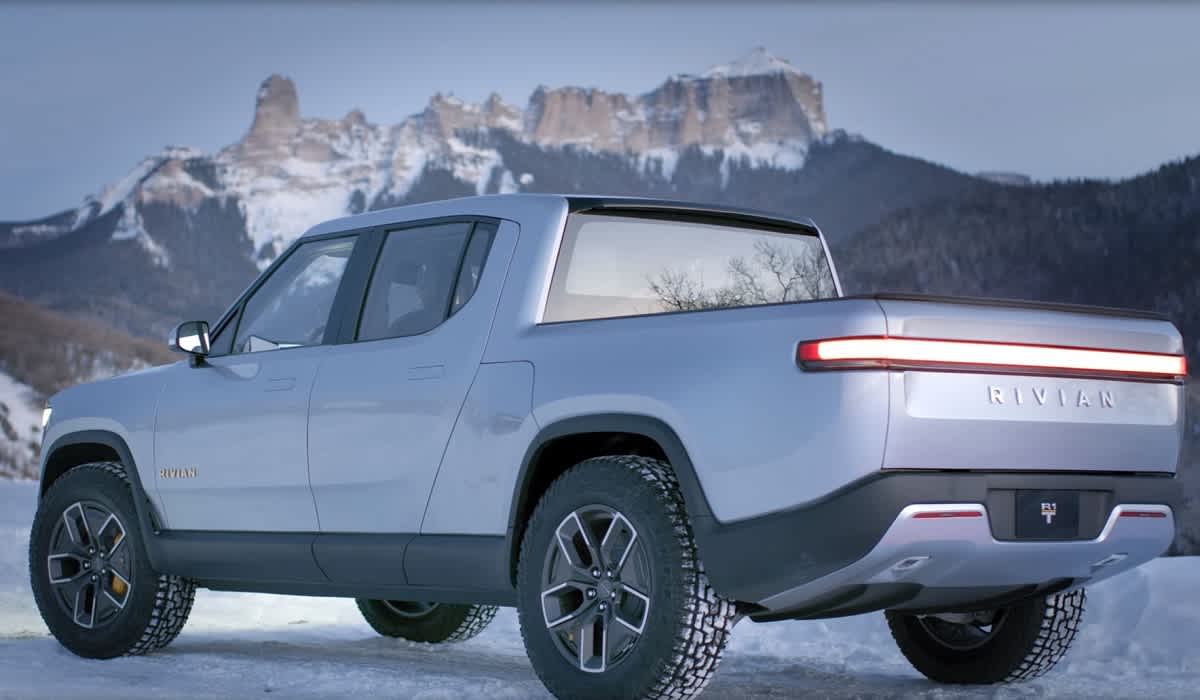Top 3 Things to Consider Before Buying an Electric Truck
OutdoorHub Reporters 03.04.20

Whether you like it or not, it’s looking like fully electric vehicles (EVs) are the future. There are some who are on board with the idea and others who are totally opposed to this concept, so let’s take a look at the many other advantages that EVs have over traditional gas-powered cars – such as peppy acceleration and nearly non-existent engine noise.
There are a number of major manufacturers entering the EV market today, including Ford, Chevrolet, Nissan and I’m sure you saw the Tesla Cybertruck, but allow me to introduce you to a new player in the EV game.. Rivian
Rivian is one of the newest electric truck manufacturers, and like Tesla, they’re changing the way we think about traditional gas-powered vehicles. With advancements in technology and performance, there’s plenty to get excited about, but there are a few things first-time electric car buyers should consider before ditching the gas pump for a charging station.
Range
The first thing to think about when considering making the switch to an EV, is how far they can drive before running out of juice. The national EV charging infrastructure is constantly improving, but the number of charging stations in the U.S. compared to gas stations doesn’t come close.
If you’re crunching numbers to find out if your can make an EV your daily driver, you should first log how many miles you drive on average per day. Assuming the EV you’re eyeing has a range higher than that number, you should be good to go in the ‘range’ department.
Your Local Charging Infrastructure
Like I mentioned before, charging stations continue to pop up on seemingly every corner in some parts of the country, while other areas have none. If you know you’re going to need to re-charge away from your home, you need to know where these public charging stations are located.
These are frequently found at places like grocery stores, so you can plug your car in to charge in the parking lot while you do your weekly shopping. Perhaps your fortunate enough to have a charging station where your work, in which case the numbers for your range limitations would be thrown off – but in a good way!
In the end, if you don’t drive enough to require a charge between when you leave your house and when you return home, then public charging wouldn’t be a huge concern for you. However, if you have a long drive to and from work with no charging stations in between, then the issue may be of bigger concern. One more noteworthy aspect, is that EVs are often labeled as great city cars, but if you don’t have a garage to hold your charging station, this issue could squash your dreams of driving an electric car.
Practicality
A fully electric vehicle isn’t a practical choice for everybody. Whether making the switch to an EV is the right decision for you comes down to a handful of considerations, including how many kids you have, your daily commute to work, and your lifestyle in general. If you’re a hunter, chances are the remote areas you hunt in aren’t yet EV compatible, and if you camp or fish, you’re going to need enough power to tow a camper or boat. In their current form, electric vehicles are best suited for young folks living close to their workplace in urban areas and don’t have a lot of kids to drop off and pick up from multiple schools.

